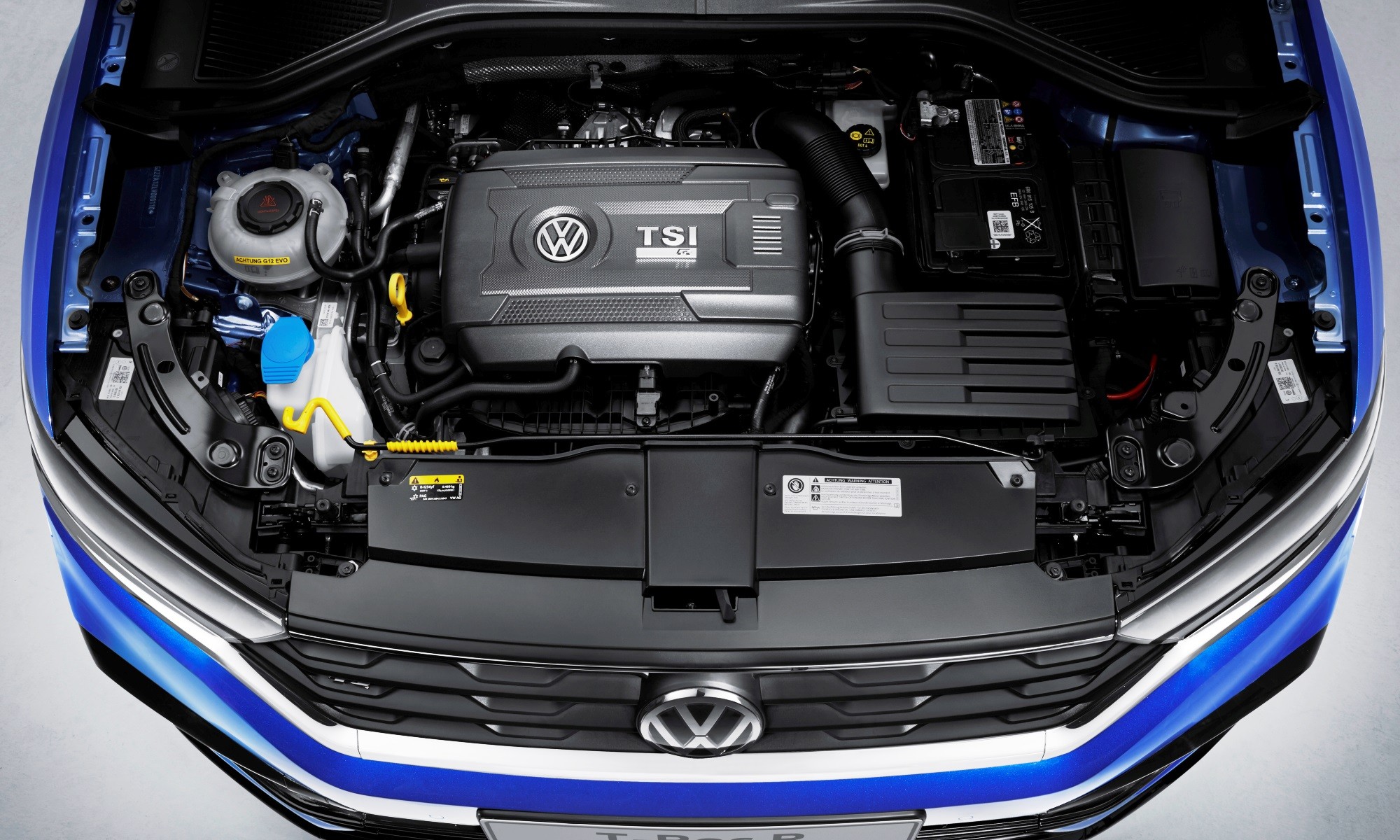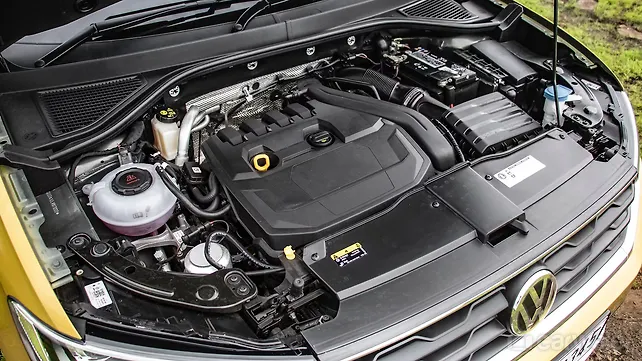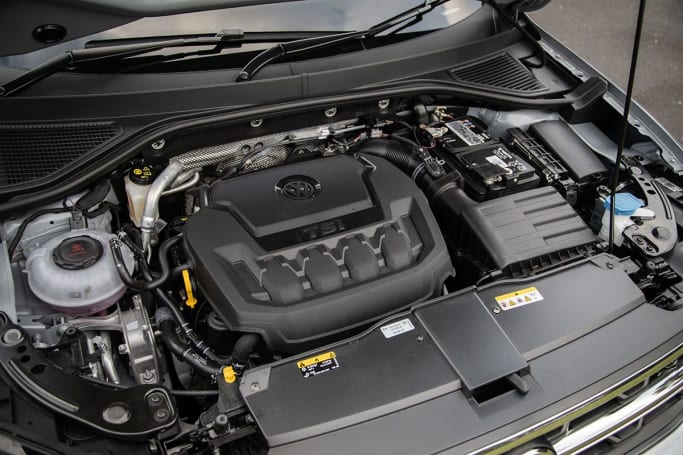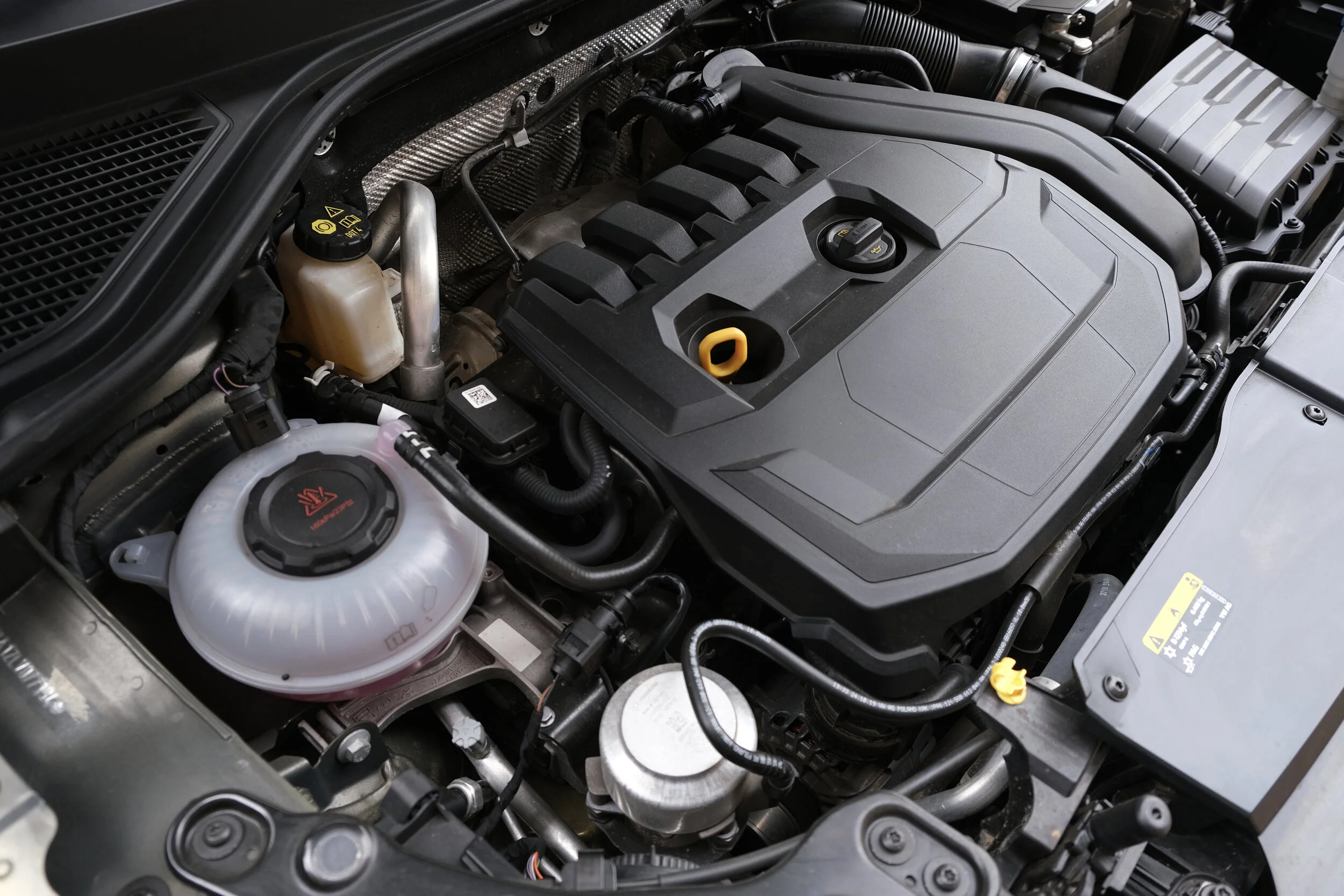The Volkswagen T-Roc Engine: What You Need to Know
The Volkswagen T-Roc has quickly become a popular choice in the compact SUV market, thanks to its stylish design, practical features, and efficient performance. A key aspect of its appeal lies in its engine options, which directly impact fuel economy, driving experience, and overall ownership costs. This article dives deep into the heart of the T-Roc, exploring the various engines available, their specifications, and what you need to know to make an informed decision.
Engine Options in the Volkswagen T-Roc: A Comprehensive Overview
The Volkswagen T-Roc offers a range of engine choices, each tailored to different driving needs and preferences. These engines are typically characterized by their use of turbocharged technology, contributing to both power delivery and fuel efficiency. Here’s a breakdown of the most common engine configurations:
- 1.0-litre TSI (Petrol): This three-cylinder engine is often the entry-level option. It’s known for its fuel efficiency and suitability for urban driving.
- Key features:
- Turbocharged for enhanced performance.
- Relatively low running costs.
- Suitable for city commutes and everyday driving.
- Key features:
- 1.5-litre TSI (Petrol): This engine offers a step up in power and performance compared to the 1.0-litre. It provides a more engaging driving experience while still maintaining good fuel economy.
- Key features:
- More power and torque than the 1.0-litre.
- Suitable for a wider range of driving conditions, including motorway driving.
- Offers a good balance of performance and efficiency.
- Key features:
- 2.0-litre TSI (Petrol): Found in higher-spec models, this engine delivers a more spirited driving experience, often paired with all-wheel drive (4MOTION) for improved handling and traction.
- Key features:
- Significant power and torque for brisk acceleration.
- Often paired with 4MOTION all-wheel drive.
- Best suited for drivers seeking a more dynamic driving experience.
- Key features:
- 2.0-litre TDI (Diesel): While diesel options are becoming less common, some markets still offer the 2.0-litre TDI, known for its impressive fuel economy and strong low-end torque.
- Key features:
- Excellent fuel economy, especially on long journeys.
- Provides strong torque for effortless acceleration.
- May be subject to local emissions regulations.
- Key features:
Understanding Engine Specifications: Power, Torque, and Fuel Economy
When choosing a T-Roc engine, understanding the key specifications is crucial. These figures will help you assess whether an engine meets your driving needs:
- Power (measured in horsepower or kilowatts): Indicates the engine’s ability to accelerate and maintain speed. Higher power generally means quicker acceleration.
- Torque (measured in Newton-metres or pound-feet): Represents the engine’s pulling power, especially important for overtaking and carrying loads. Higher torque generally means stronger acceleration from a standstill and better responsiveness at lower speeds.
- Fuel Economy (measured in miles per gallon or litres per 100 kilometres): Indicates how efficiently the engine uses fuel. Factors like driving style, road conditions, and vehicle weight can affect fuel economy.
- Transmission: The type of transmission (manual or automatic, and the number of gears) also impacts driving experience and fuel economy. Volkswagen commonly uses DSG (Direct-Shift Gearbox) automatic transmissions, known for their smooth and efficient gear changes.
- Emissions: Engine specifications also include information on emissions levels, which can impact running costs and environmental impact.
Factors to Consider When Choosing Your T-Roc Engine
Selecting the right engine for your T-Roc involves careful consideration of your driving habits and priorities:
- Driving Style: If you primarily drive in urban environments, the 1.0-litre TSI might suffice. For more spirited driving and motorway use, the 1.5-litre or 2.0-litre TSI options are better choices.
- Fuel Economy: If fuel efficiency is your top priority, the 1.0-litre TSI or the 2.0-litre TDI (if available in your market) are excellent choices.
- Budget: Engine choice can impact the initial purchase price and ongoing running costs, including fuel and insurance.
- Mileage: Consider the distance you typically drive. Long-distance drivers might benefit from the fuel economy of a diesel engine (if available).
- All-Wheel Drive (4MOTION): If you frequently drive in challenging weather conditions or on unpaved roads, the 2.0-litre TSI with 4MOTION is a good option.
Maintenance and Reliability of Volkswagen T-Roc Engines
Volkswagen engines are generally known for their reliability when properly maintained. Regular servicing, as per the manufacturer’s recommendations, is crucial for optimal performance and longevity. This includes:
- Oil Changes: Regular oil and filter changes are essential for engine health.
- Spark Plug Replacement: Spark plugs should be replaced at specified intervals.
- Timing Belt/Chain Replacement: Depending on the engine, the timing belt or chain should be inspected and replaced as needed.
- Coolant System Maintenance: Ensure the coolant system is properly maintained to prevent overheating.
Conclusion: Making the Right Choice for Your T-Roc
The Volkswagen T-Roc’s engine lineup offers a diverse range of options to suit various driving needs. By understanding the specifications, considering your driving habits, and factoring in your budget, you can select the engine that best complements your lifestyle. Remember to research the available engine options in your specific market and test drive different models to experience the performance firsthand. Choosing the right engine is a crucial step in ensuring you enjoy your T-Roc for years to come.
FAQs About the Volkswagen T-Roc Engine
1. What is the best engine for fuel economy in the T-Roc?
The 1.0-litre TSI petrol engine and the 2.0-litre TDI diesel (where available) are generally the most fuel-efficient options in the T-Roc range. Fuel economy figures vary depending on driving conditions and driving style.
2. Which T-Roc engine offers the most power?
The 2.0-litre TSI petrol engine is typically the most powerful engine available in the T-Roc, offering the most horsepower and torque.
3. Does the T-Roc come with all-wheel drive?
Yes, the Volkswagen T-Roc is available with all-wheel drive (4MOTION) on certain models, typically those equipped with the 2.0-litre TSI engine.
4. Are Volkswagen T-Roc engines reliable?
Volkswagen engines, when properly maintained with regular servicing and following the manufacturer’s recommended maintenance schedule, are generally considered reliable.
5. What is the difference between TSI and TDI engines?
TSI engines are petrol (gasoline) engines, while TDI engines are diesel engines. TSI engines typically offer a smoother and quieter operation, while TDI engines are often praised for their fuel efficiency and strong low-end torque. However, diesel engines might be subject to specific emissions regulations in certain areas.




